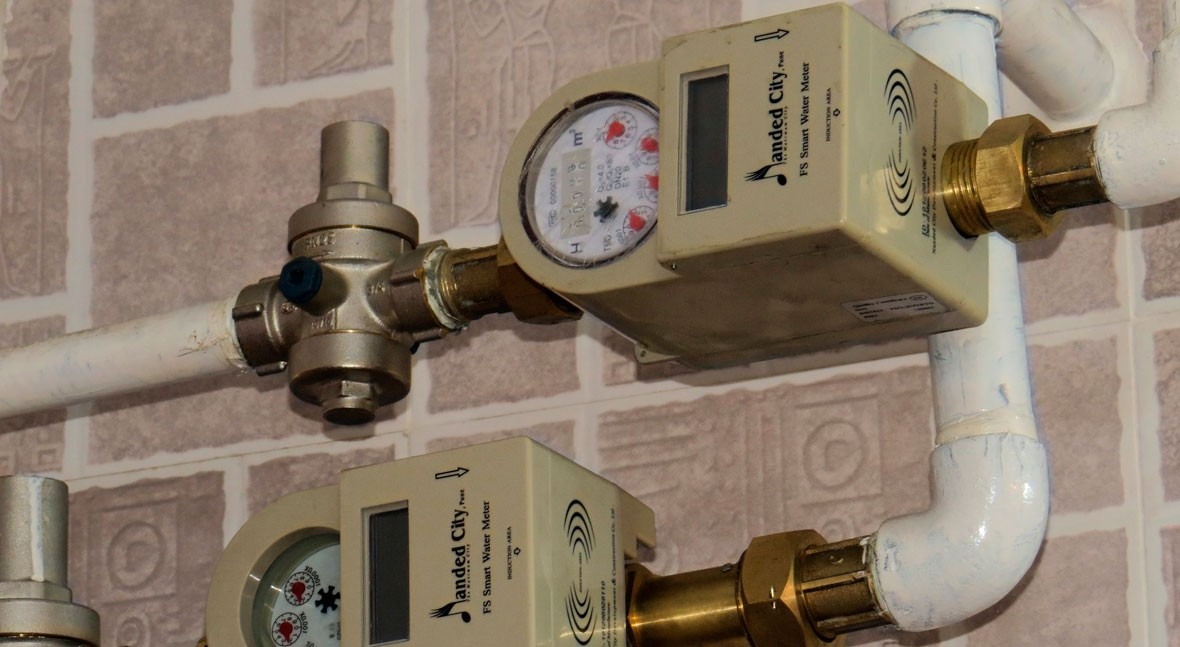As pressures of climate change and water wastage rise, smart water meters are becoming increasingly critical for global water conservation efforts by utilities to track water usage and identify waste and leakage. This drive for the digitalization of water utilities’ distribution network will result in an installed base of 400 million smart water meters worldwide by 2026, according to a new report from global tech market advisory firm, ABI Research.
Since smart meters produce a massive amount of data, Meter Data Management (MDM) systems are essential to convert meter data into useful and actionable insights. “In the energy sector, MDM platforms play a crucial role in the efficient use of smart electricity meters,” says Harriet Sumnall, Research Analyst at ABI Research. “Similarly, in the water utility market, MDM platforms are needed to extract the most useful water meter data to ensure identifying and classifying not only revenue-generating water usage but also water loss considered “non-revenue” water.”
However, MDM systems developed for the energy utility market are not automatically suited for water utilities as they don’t necessarily address their unique needs. Different from the Automated Metering Infrastructure (AMI) systems deployed for energy utilities, water utilities need specific functionalities in an MDM platform such as flexibility to scale more gradually and integration into specific water utility systems in areas of water quality, pressure, and billing. A key requirement of the MDM platform is to work effortlessly alongside the AMI system installed by the water utility; to accurately bill customers based on actual water usage as well as identify water wastage.
Since smart meters produce a massive amount of data, Meter Data Management (MDM) systems are essential to convert meter data into useful and actionable insights
Regional smart water meter deployments are forecasted to grow significantly. In 2018, the APAC region accounted for 42% of the global total installed base, followed by Europe and North America. In the APAC region, smart water meter deployments will surge as water utilities in China, India, Japan, and South Korea start to move from trials to large scale deployments in early 2020. Europe will emerge as one of the fastest-growing markets with a CAGR of 33% over the next 8 years driven by expanding regional LPWA network coverage. As the worldwide install base grows, so will the demand for water-specific MDM platforms, offering much regional growth opportunity for MDM vendors.
Globally, water utilities are planning several large-scale commercial AMI deployments, predominantly implementing smart meters from multiple vendors such as Kamstrup, Sensus, Honeywell, Itron, and Holley Technology. MDM vendors must ensure their platforms are open and can support multi-vendor AMI systems to mitigate customer apprehension of platform lock-in.
Energy MDM platforms can become unnecessarily complicated due to vendors adding functionalities that are not required for the water market. “The traditional energy MDM platform vendors such as Siemens and Oracle need to ensure they offer what the water utilities require for water data management, rather than just modifying the solution they already provide to the energy utilities. The MDM platform from Birdz, for example, addresses the unique requirements of water utilities by offering several predefined functions and alerts to quickly improve key performance indicators (KPIs) of a water utility’s distribution network,” Sumnall concludes.
These findings are from ABI Research’s Intelligent Water Distribution Networks application analysis report. This report is part of the company’s M2M, IoT, IoE research service, which includes research, data and analyst insights. Based on extensive primary interviews, application analysis reports present in-depth analysis of key market trends and factors for a specific technology.




